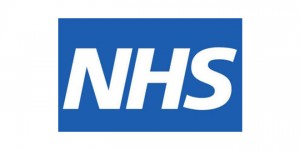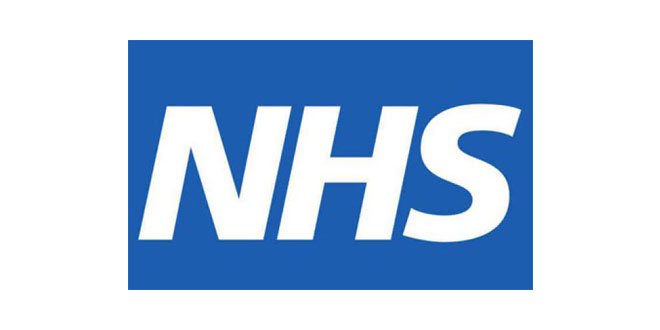NHS Financial Pressures Are Having A Widespread But Often Unseen Impact On Patient Care
 NHS financial pressures are increasingly affecting patient care, often in ways that go unseen, according to a new report by The King’s Fund.
NHS financial pressures are increasingly affecting patient care, often in ways that go unseen, according to a new report by The King’s Fund.
Understanding NHS financial pressures finds that access to and quality of care are both being affected in different ways across the NHS. While public attention tends to focus on high-profile examples of rationing such as restricting access to some types of treatment, the report authors warn that financial and other pressures are also affecting patient care in ways that often go “under the radar”.
The authors looked in detail at four services – testing and treatment for sexually transmitted infections, district nursing, elective hip replacement and neonatal care – to explore the impact of financial pressures on patient care.
They found that the slowdown in funding – which started in 2010/11 – has taken time to have an impact but is now affecting patient care. The findings suggest that community and public health services have been hit hardest, while acute and specialist services have so far been relatively protected. This creates a fundamental challenge to the vision set out in the NHS five year forward view, which focuses on strengthening community-based services and prevention.
The report finds that financial pressures are affecting services in the following ways:
STI testing and treatment (GUM): In some parts of the country, local authority spending on these services was cut by more than 20 per cent between 2013/14 and 2015/16, with further cuts planned. This has resulted in fewer clinics and reductions in staff in some areas, while there have also been cuts to prevention and outreach services. The report warns this could put patients and the general population at greater risk of infection.
District nursing: There is evidence that funding constraints and workforce shortages have led to a growing gap between demand and capacity. As a result, staff are being increasingly stretched, often leading to high levels of stress for them and a lower quality of care for some patients.
Elective hip replacements: There is emerging evidence that financial pressures may be starting to have an impact on patients’ access to care. The number of hip replacements recorded in 2015/16 was slightly lower than the previous year, average waiting times have increased and more patients are waiting longer than 18 weeks for treatment.
Neonatal care: There is no clear evidence that recent financial pressures have had a significant impact on patient care. However, longstanding pressures, such as staff shortages, mean many units do not meet recommended levels for nursing and medical staff. High levels of occupancy are also a longstanding challenge in some units, which can lead to babies being transferred a long way from home, increasing strain on families.
Ruth Robertson, a Fellow in Health Policy at The King’s Fund and lead author of the report, said: “Longer waiting times for hospital treatment and restrictions to operations are just one small part of the picture. Our research shows that services like district nursing and sexual health, where we found evidence that access and quality are deteriorating for some patients, have been hardest hit by the financial pressures facing the NHS but that this is often going unseen.
“This undermines the vision set out in the five year forward view to strengthen community services and focus on prevention. If the NHS wants to transform care and keep patients healthy and out of hospital it will need to invest more in community and public health services.”
“Staff across the NHS are working hard to maintain service quality and protect patients in the face of growing pressures. This is not sustainable and is particularly worrying given the well-established link between staff wellbeing and the quality of patient care.”





